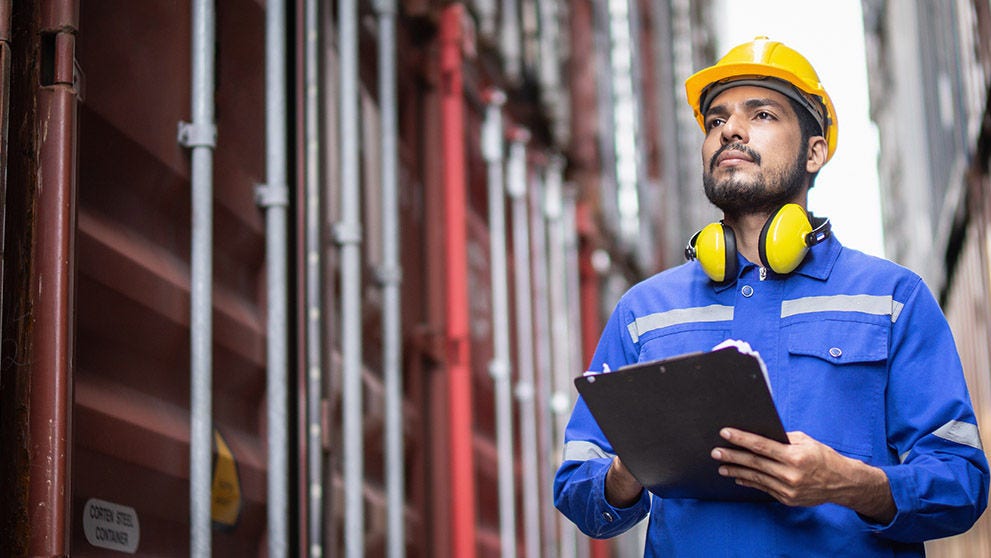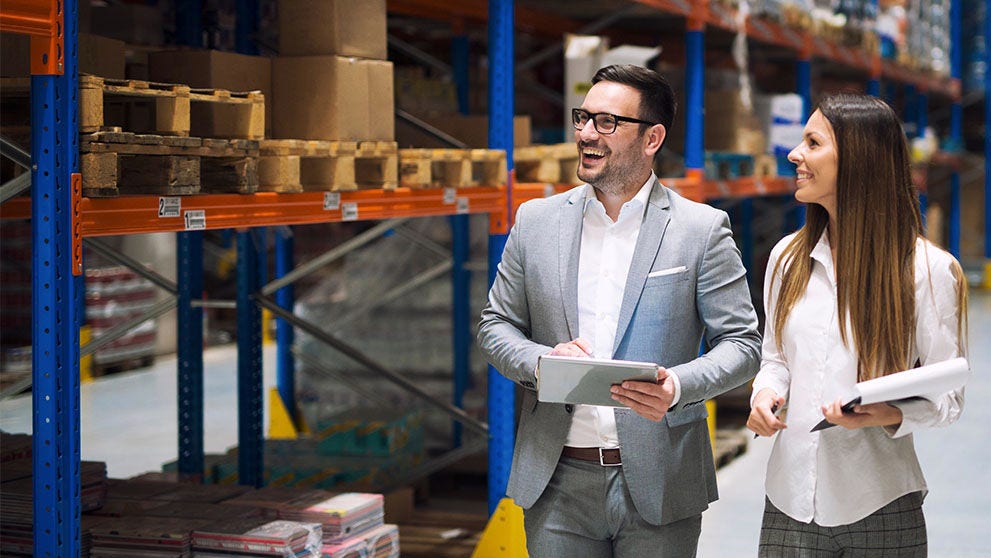
Blockchain has revolutionised the financial world, especially cryptocurrency systems, by maintaining a secure and decentralised record of transactions. Although this technology’s initial benefits seemed to be in the financial sector, the logistics industry can gain many benefits from this technology.
Read along further to find out how blockchain technology can be used in logistics and how DHL can help you streamline your supply chain.
What is blockchain in logistics?
A blockchain is a distributed database of nodes that are linked with each other across a network. Digital information is stored in blocks (nodes) and must be verified by most nodes in the network. Otherwise, it will be tagged as fake and discarded. Each block is linked to its previous block that creates a chain, hence the name: blockchain.
The information in the blocks cannot be edited; any change is recorded as new information with its timestamp, so every block on the network knows how the data changed through time. No one can tamper with the blocks. If an intruder tries to add a new block to the network, its information will not match the information on the other nodes on the network; hence discarding the new block.
The security and transparency that blockchain offers have been a game-changer in cryptocurrency networks. The logistics industry is also embracing this technology to accelerate and secure trade.
How do you use blockchain in the supply chain?
The global supply chains are highly complex, with several stakeholders involved and many third parties interacting with each other. It becomes challenging to update real-time information along the supply chain. Visibility and transparency remain a challenge in global supply chain management (SCM) with complex transactions.
The blockchain revolution can solve these issues of security, visibility, and transparency in supply chains. This SCM technology helps accelerate slow and manual processes by transferring accurate information in real-time. All stakeholders update the data across the network, which all other blocks verify. Encrypted data is stored in the blocks making it almost impossible to tamper.
SCMs also use a blockchain wallet where stakeholders can store digital currencies and make transactions through them. Online transactions across the network further ensure security and transparency.
It can become impossible to trace any error related to inventory, shipping, or payments in a conventional logistics system, back to its origin. The various stakeholders may not be updating the ledgers, which can cause missing information and data, further causing visibility and traceability issues. In the case of blockchain, all data is visible to everyone in real-time; hence, anyone can trace every transaction back to its origin with no fraud or inaccuracy.


































